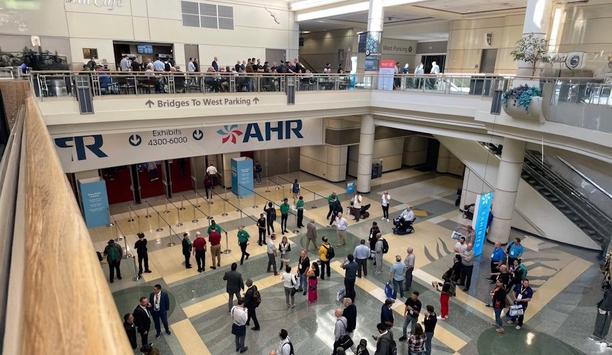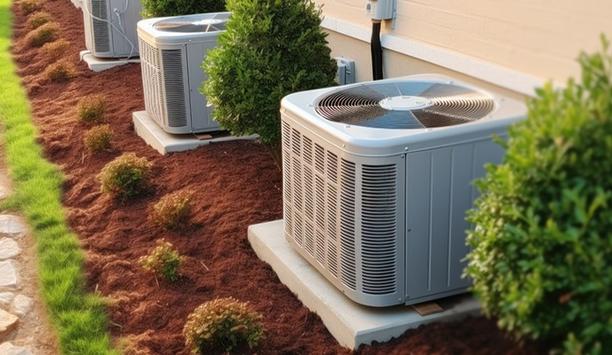The U.S. Environmental Protection Agency has rolled back a standard set under the Obama administration to require leak repair and maintenance for industrial and commercial refrigeration and air conditioning equipment containing 50 or more pounds of hydrofluorocarbons (HFCs).
The industry embraced HFCs, which are potent greenhouse gases, as a replacement for ozone-depleting refrigerants such as chlorofluorocarbons (CFCs). The requirements that have now been rolled back merely extended the leak prevention requirements already in place for CFCs to the newer replacement chemicals. Since the rollback, leak repair and maintenance requirements now only apply to Class I and Class II ozone-depleting substances.
Environmental Groups
Environmental groups are among those opposing the standard rollback, including the Natural Resources Defense Council (NRDC). “This rollback will fuel the climate crisis by adding more super-polluting HFCs to the atmosphere each year, in an amount equal to the carbon pollution from a million cars,” says David Doniger, Senior Strategic Director in the Climate & Clean Energy Program at the NRDC. “It will save industry just $24 million a year, a pittance when spread across thousands of industrial facilities.”
His rollback will fuel the climate crisis by adding more super-polluting HFCs"
The bipartisan American Innovation and Manufacturing Act, which has been introduced in the Senate and the House, may provide an opportunity to reinstate the requirements. The U.S. Chamber of Commerce and the National Association of Manufacturers support the new legislation.
The final rule change to Section 608 of the Refrigerant Management Regulations was first proposed in 2018. The Air Conditioning Contractors of America (ACCA) had sought to retain the leak repair provisions in the best interest of the environment, equipment maintenance and the consumer. Properly charged equipment operates more efficiently than improperly charged equipment. Lesser charged equipment can also accelerate failure rates, lower system performance and decrease energy efficiency.
Inspecting equipment
Under the new rule, equipment owners no longer have to inspect periodically for leaks or report leaking appliances to the EPA. They do not have to repair appliances to a certain level or verify with testing. They also do not have to retrofit or retire appliances that are not repaired, or maintain records related to any of the above.
Leak detection and repair is widely considered an industry best practice, and the industry has invested in management, leak detection and repair programs to support compliance. Therefore, revising the standard may have little impact on HFC emissions, according to some industry sources. In any case, existing refrigerant management best practices should remain in place, say the experts.
The rule change is also likely to cause confusion since some refrigerants are still subject to leak detection requirements and others are not.
The rule change is also likely to cause confusion
Existing standards
Even with the relaxation of the leak repair requirements, existing standards for purchase, handling, recovery and reclamation of HFCs remain in place and are also considered best practices. EPA’s proposed rule from 2018 had considered rolling back those rules, too.
Among those supporting the recent EPA rollback of leak repair and maintenance requirements was NEDA/CAP, a multi-sector manufacturing coalition of companies that include the Boeing Company, BP America, Eli Lilly & Company, ExxonMobil Corp., Georgia-Pacific, Intel Corp., Koch Industries, Merck & Co, NewPage Corp., Occidental Petroleum Corp., Procter & Gamble and Weyerhaeuser.





































